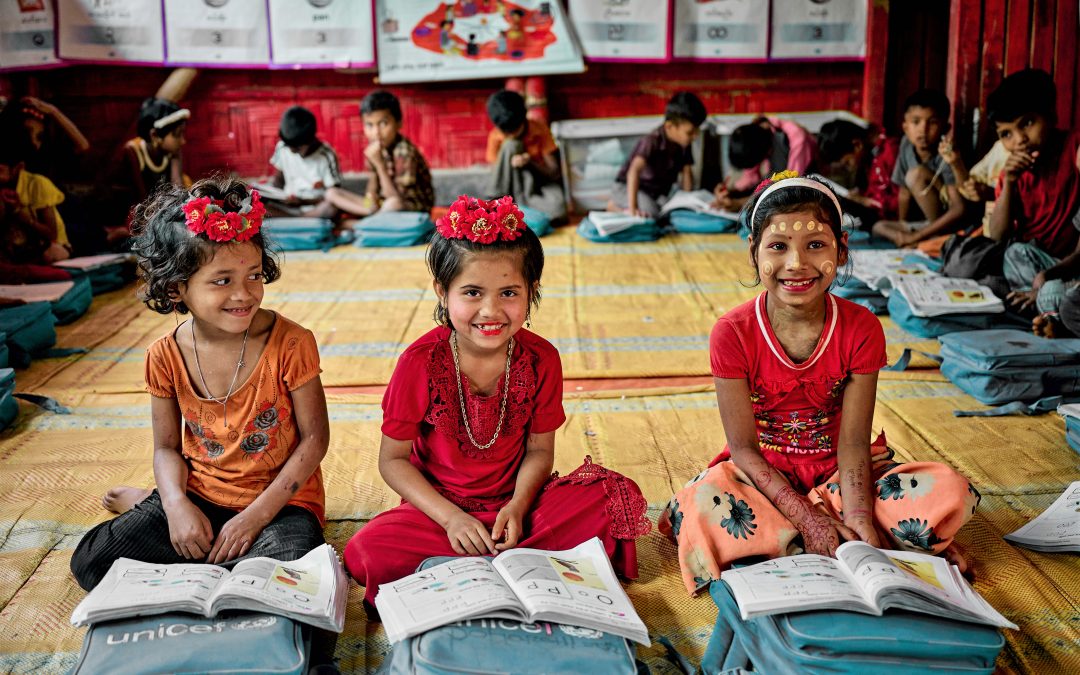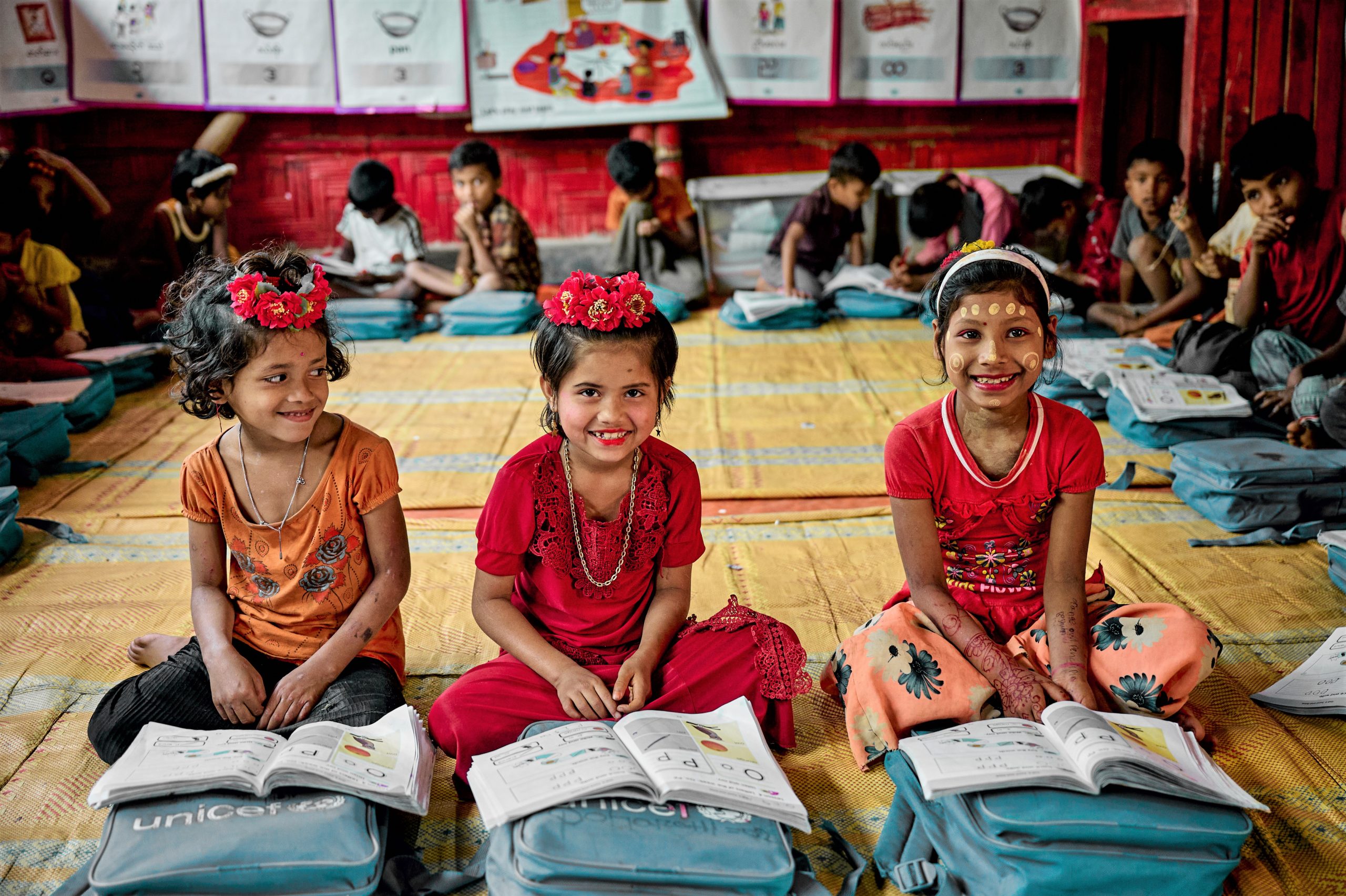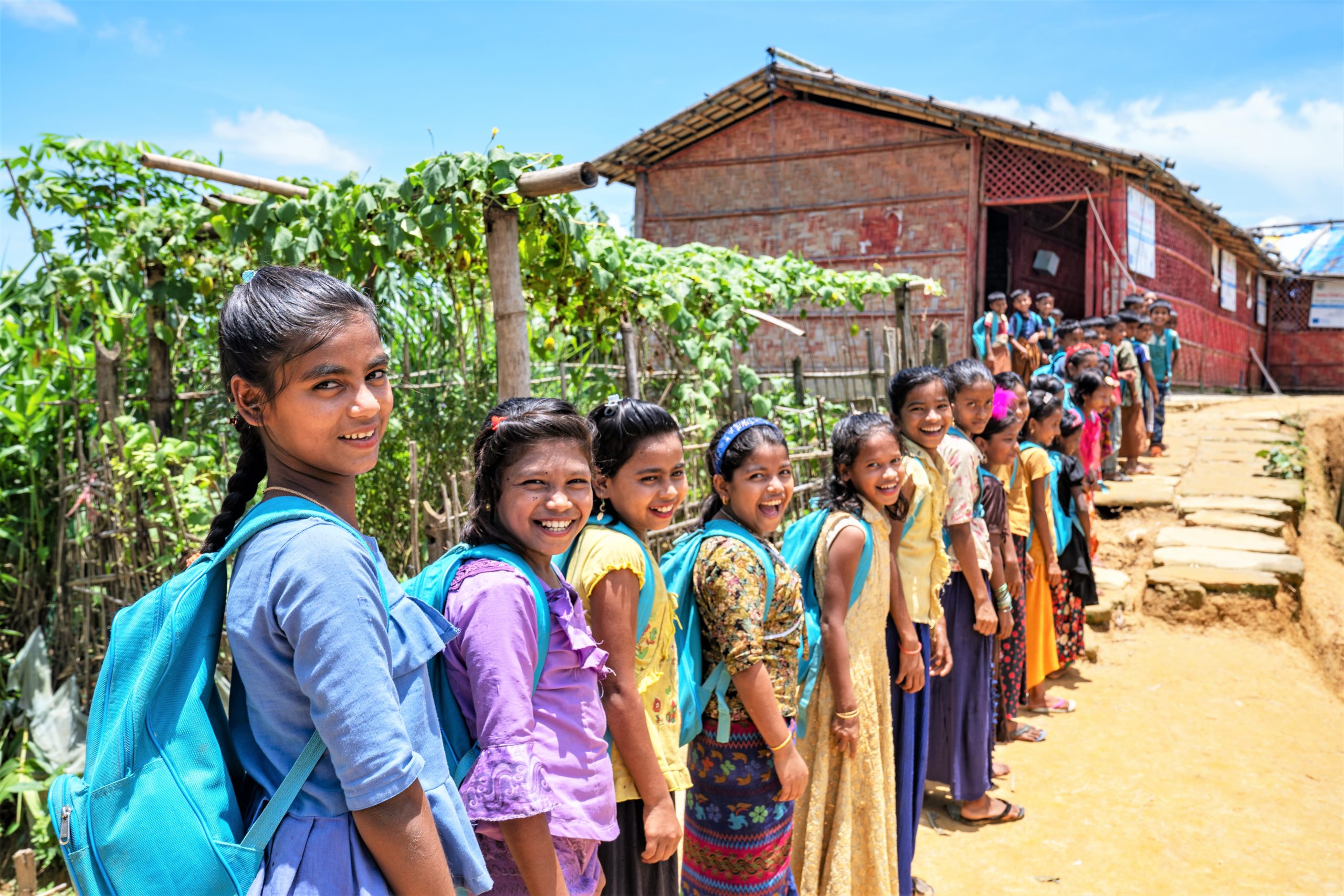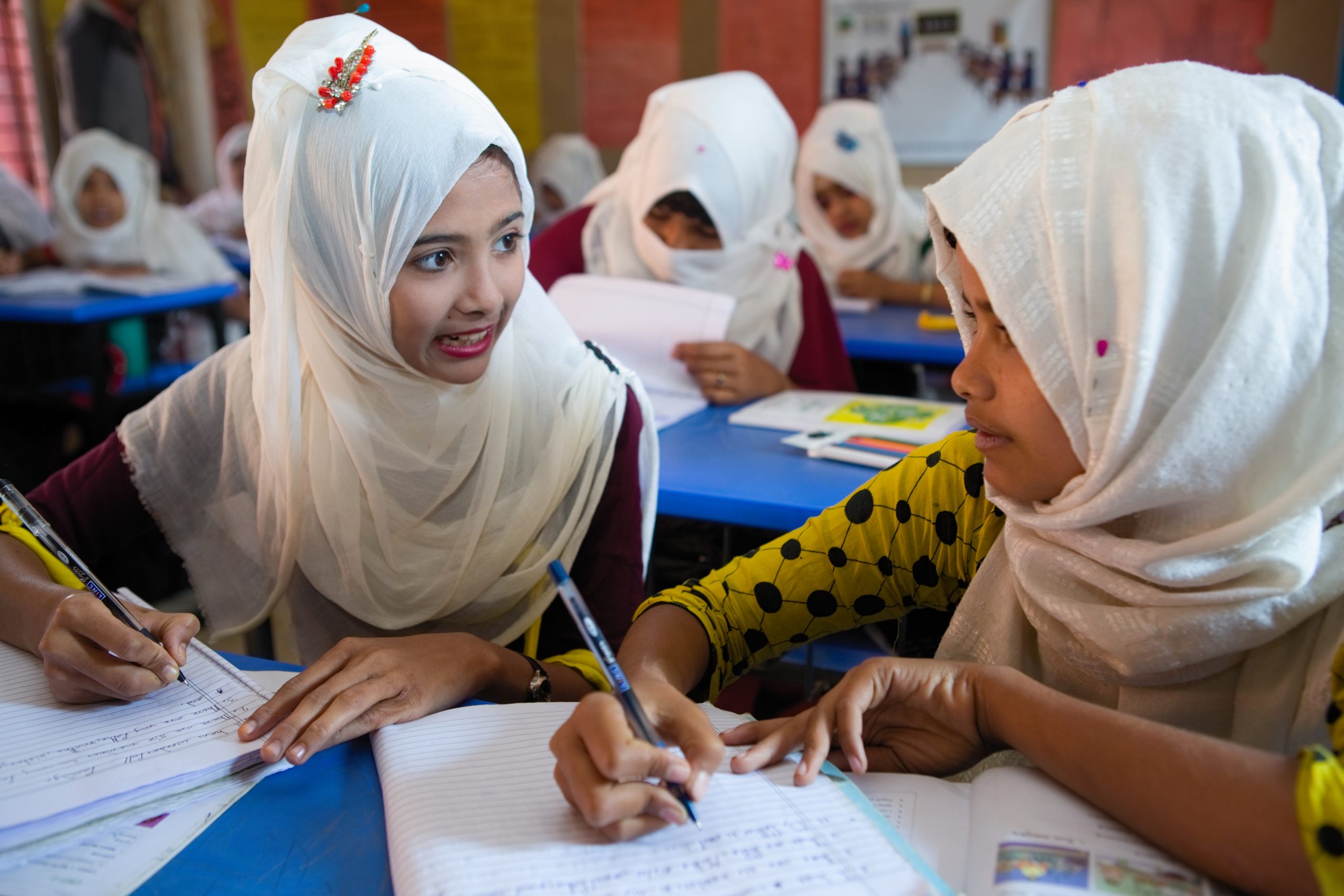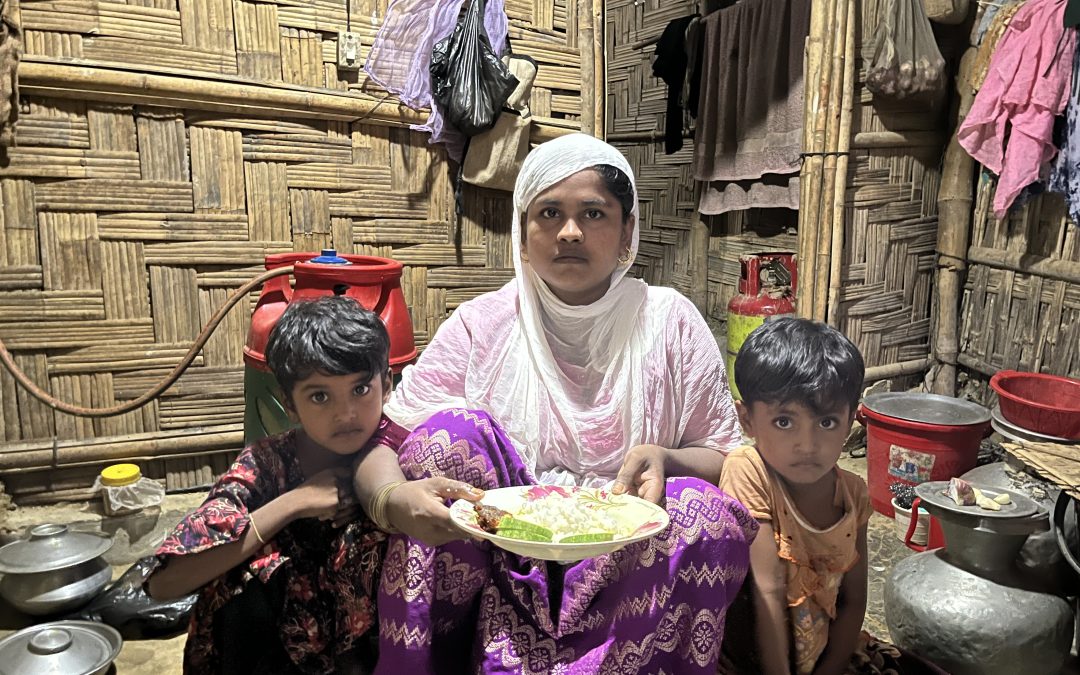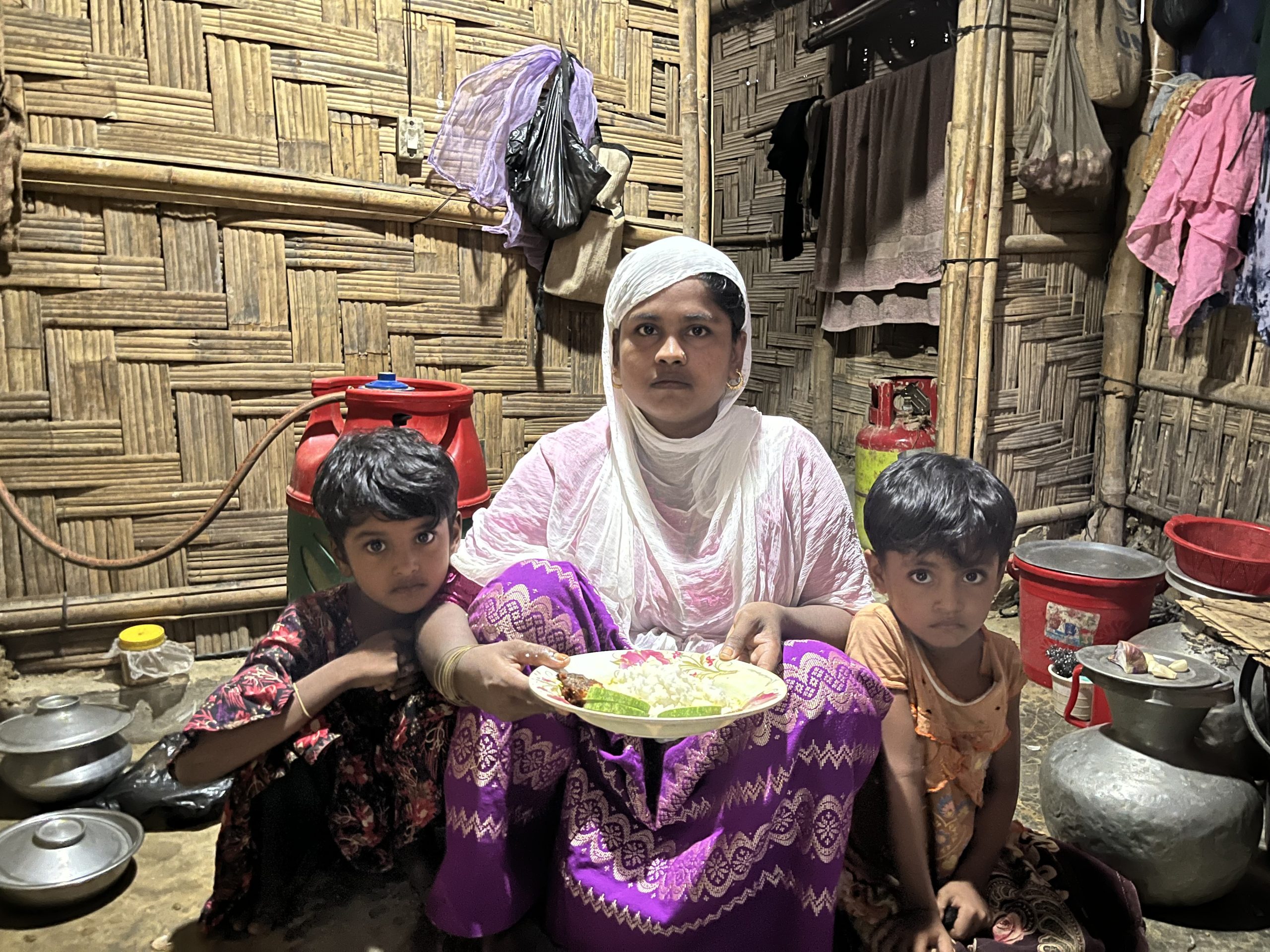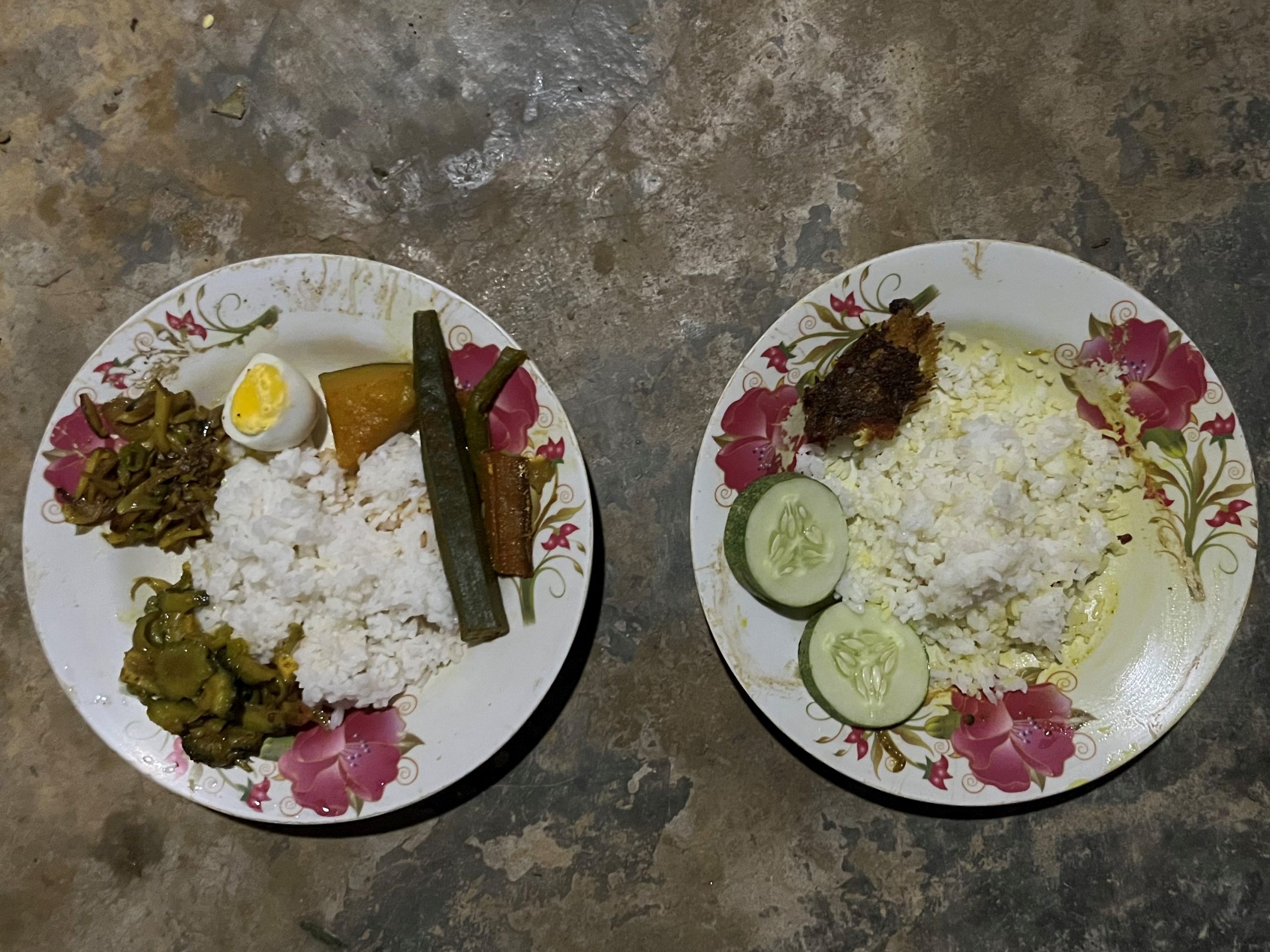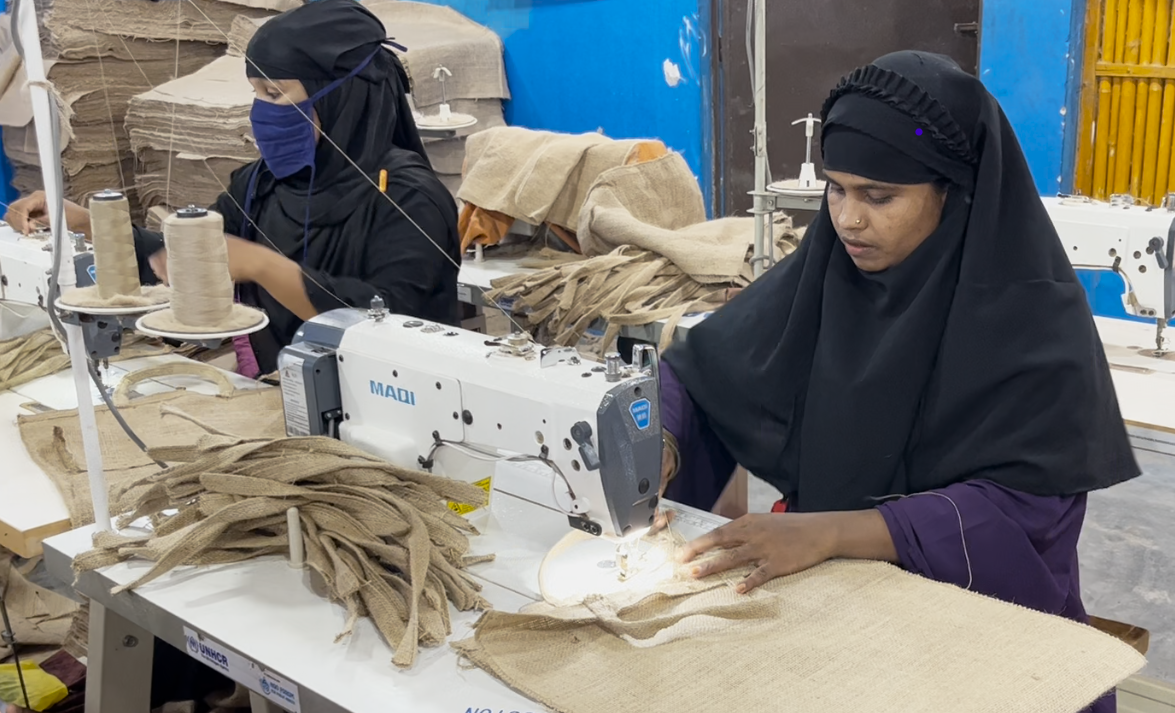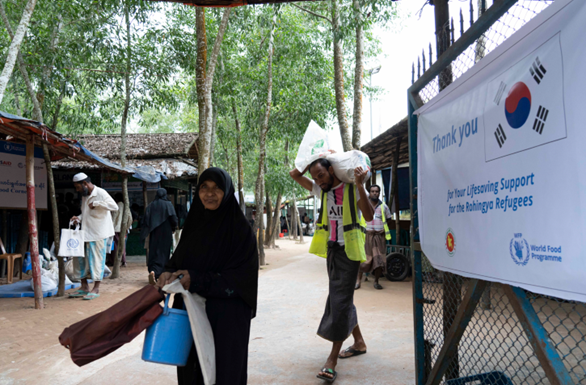
The Republic of Korea Steps Up Support to the World Food Programme’s Food Assistance for Rohingya in Bangladesh
WFP News Release
21 November 2024 – for immediate release
The Republic of Korea Steps Up Support to the World Food Programme’s Food Assistance for Rohingya in Bangladesh
Dhaka, Bangladesh — The Republic of Korea has stepped up its support to the United Nations World Food Programme (WFP) with a new contribution of US$2 million. The timely funding enabled WFP to reach nearly 76,000 Rohingya and provide them with a full ration of US$12.50 for two months.
“We are pleased that this latest contribution, along with Korea’s rice donation in July and August, has helped many Rohingya families meet their essential food needs. The Republic of Korea stands committed to easing the Rohingya’s plight and we hope more partners will join us in supporting them,” said PARK Young-sik, Ambassador of the Republic of Korea to Bangladesh.
In recent years, the Government of Korea through the Ministry of Foreign Affairs has steadily contributed to WFP’s Rohingya food assistance in Bangladesh. In addition to food assistance, WFP has been supporting the population with nutrition, school feeding, resilience-building, and disaster risk reduction assistance, while also assisting host Bangladeshi communities in Cox’s Bazar with nutrition, livelihood support, and resilience-building.
Despite ongoing needs, humanitarian partners have been facing significant funding challenges, resulting in reduced assistance. In 2023, food rations had to be cut from US$12 to US$10 in March, then to US$8 in June. Following the ration cuts, WFP monitoring showed a sharp decline in food consumption among Rohingya families, with global acute malnutrition (GAM) rising to 15.1% – above the 15% emergency threshold per WHO classification, and the worst since the 2017 influx.
In addition, frequent hazards such as fires, climate shocks, including floods and landslides, and insecurity in the camps, have further deepened the Rohingya’s vulnerability.
Thanks to the international community, WFP was able to raise the ration at the beginning of 2024 and in August to restore the full ration to US$12.50 per person per month. Fortified rice was also added to the assistance package for the first time. WFP needs nearly US$80 million in funding to sustain the full ration and the rest of its operations into the next year.
“The contribution from the Republic of Korea is not only timely but critical – it has helped us save lives and alleviate hunger at a time when the Rohingya are facing unimaginable challenges. Thank you, RoK and the Korean people for your compassion and solidarity,” said Dom Scalpelli, WFP Country Director.

Photo Credit: WFP/Saikat Mojumder
Caption: A Rohingya woman leaves a WFP e-voucher outlet after purchasing food for her family in Cox’s Bazar. Since August, all Rohingya in the Cox’s Bazar camps have received their full food assistance, amounting to US$12.50 per person per month. Behind her, a porter hired by WFP helps carry her groceries.
About WFP:
The United Nations World Food Programme is the world’s largest humanitarian organization saving lives in emergencies and using food assistance to build a pathway to peace, stability and prosperity for people recovering from conflict, disasters and the impact of climate change.
Follow us on X @wfp_bangladesh, Facebook @WFPinBangladesh, Instagram @wfp_bangladesh
For more information please contact:
Syed Tashfin Chowdhury, Communications Officer, WFP Bangladesh
Mobile: +88 0131 3780754 E-mail: [email protected]

